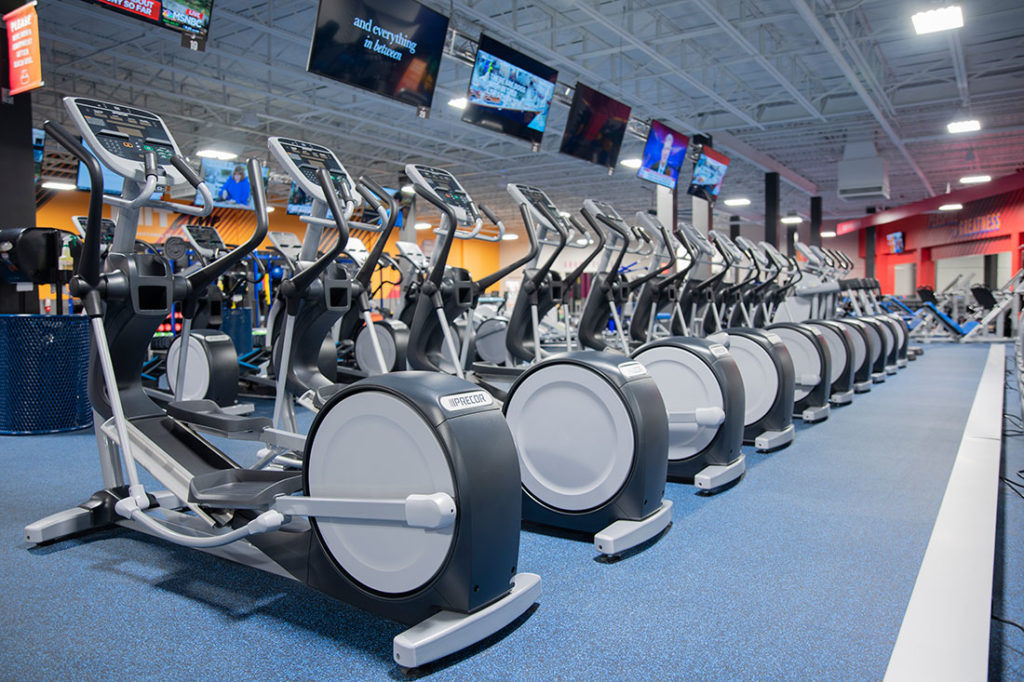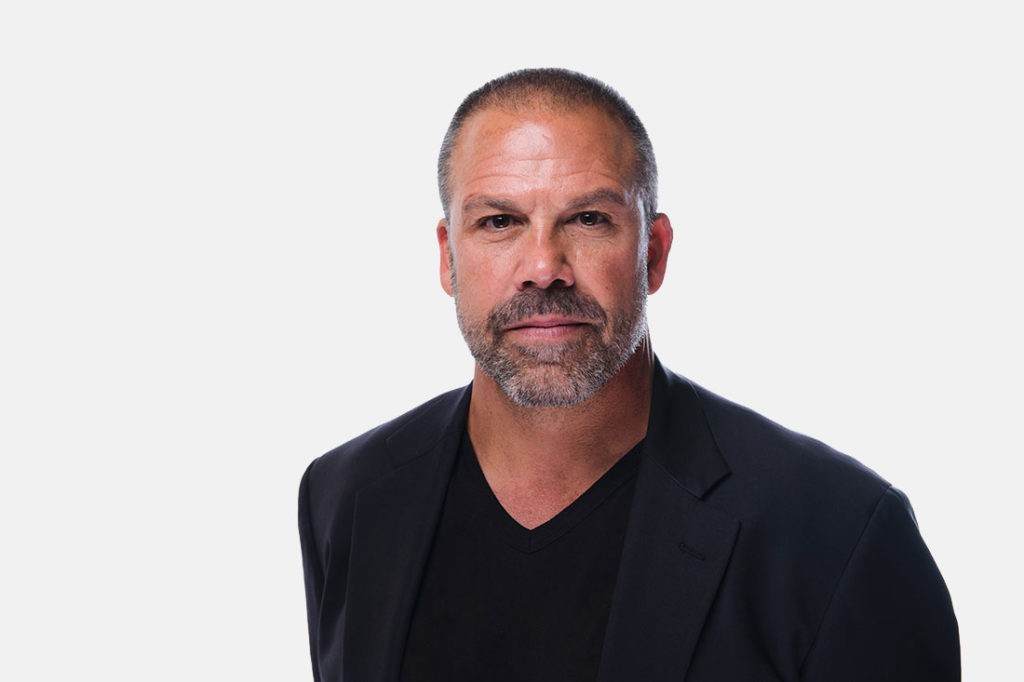The majority of self-made millionaire entrepreneurs are idea people—big picture types, usually on branding and marketing who surround themselves with brilliant minds, and off they go.
Tony Hartl possesses all those qualities, it’s just that en route to becoming wealthy many times over before turning 40, he also put in the grunt work. Not only did Hartl found Planet Tan, he ran one of its original three stores seven days a week for years. This was nothing new to Hartl, who grew up in the Midwest, raised primarily by his single mother and aunt, and started his first businesses by shoveling snow and mowing lawns.
At 19, Hartl purchased his first home, a condo for he and his mother. The Southern Illinois University sophomore was also the general manager at a local health club.
“I don’t think anyone is born with that business or entrepreneurial mind, and I’d rather be bright, driven and committed anyhow,” Hartl says. “You can control effort and attitude. I was really hungry growing up because of my life circumstances—we didn’t have much. And I had exposure early on to business success and then it’s becomes habitual.”
Hartl sold his 17 Planet Tan locations to Palm Beach Tan in 2008. The ensuing decade was spent traveling the world and raising his son. He wrote a book, Selling Sunshine: 75 Tools, Tips and Tactics for Becoming a Wildly Successful Entrepreneur, and In 2015, he partnered in launching a Malbec wine label, Seed, based in Mendoza, Argentina, which saw immediate success. But that didn’t fulfill the entrepreneur juices.
Three years later, the time finally came to once again take the plunge. Hartl bought the rights to open 29 Crunch Fitness locations in Texas and after just a year, there are more than 6 locations, 200 employees, and 30,000 members with aggressive plans of growth. Hartl says his business philosophy hasn’t changed much from his Planet Tan days: Strive to make an impact in the lives of employees and customers.

His time in the tanning business started in 1995. Just 26, Hartl was recruited to a key sales and marketing role within another tanning company that pitched him on going public and stock options. Just six months into the gig, the CEO told him there were cash issues and downsizing began, with Hartl in charge of selling off stores for capital. In the process, Hartl found three locations that were performing fairly well near Dallas. The young businessman was intrigued, and bought the stores for $10,000 of his own money and a $40,000 investment.
Immediate changes were subtle but impactful. He instituted monthly memberships, rebranded to Planet Tan, painted and changed the carpets, and hired employees at higher pay rates, committed to the company rather than a high school kid just looking for beer dough. The first year, the stores did more than $1 million in sales.
“The odds of not making it were 99 percent, but I was naively optimistic, in part because of how young I was,” Hartl says. “I didn’t pay myself the first year, didn’t have health insurance, was working seven days a week, no time off, there were massive tradeoffs for the success we were having. It was such a huge gamble looking back.”
After 13 years of growth and sales, Hartl was starting to think about cashing out. Legendary former General Electric CEO Jack Welch invited him to a seminar around this same time and two spoke one-on-one, with Welch offering this advice: “Anytime you can make a decision to change your life forever, do it. Take the odds off the table. You can always do it again.”
Now Hartl is proving Welch right. By 2025, Hartl’s goal is to have 50 Crunch Fitness gyms, 1,500 employees and 400,000 members. The fit is ideal for Hartl, who has been an avid athlete, cyclist, runner, and likes the idea of helping people improve themselves. He considered opening gyms under other franchises, but after learning about Crunch Fitness, Hartl was blown away by the company’s marketing, its philosophy of no judgment of its members, and the overall experience after visiting one of its gyms. The decision was pretty easy in the end.
“I missed not having a business,” he says. “I want to nurture my employees. I want to create an impact in their lives and our members’ lives. We should all be aware of the wake we leave behind in life. Once we’re beyond our family being taken care of, our first question should be how can I impact the lives of others?
“I want to be a vehicle for positive change, and I didn’t have that platform when I was retired. The two most important things in life are effort and attitude. We want to change as many lives as we can.”
This article originally appeared in the May/June 2020 issue of SUCCESS magazine.
Photos courtesy of Tony Hartl





